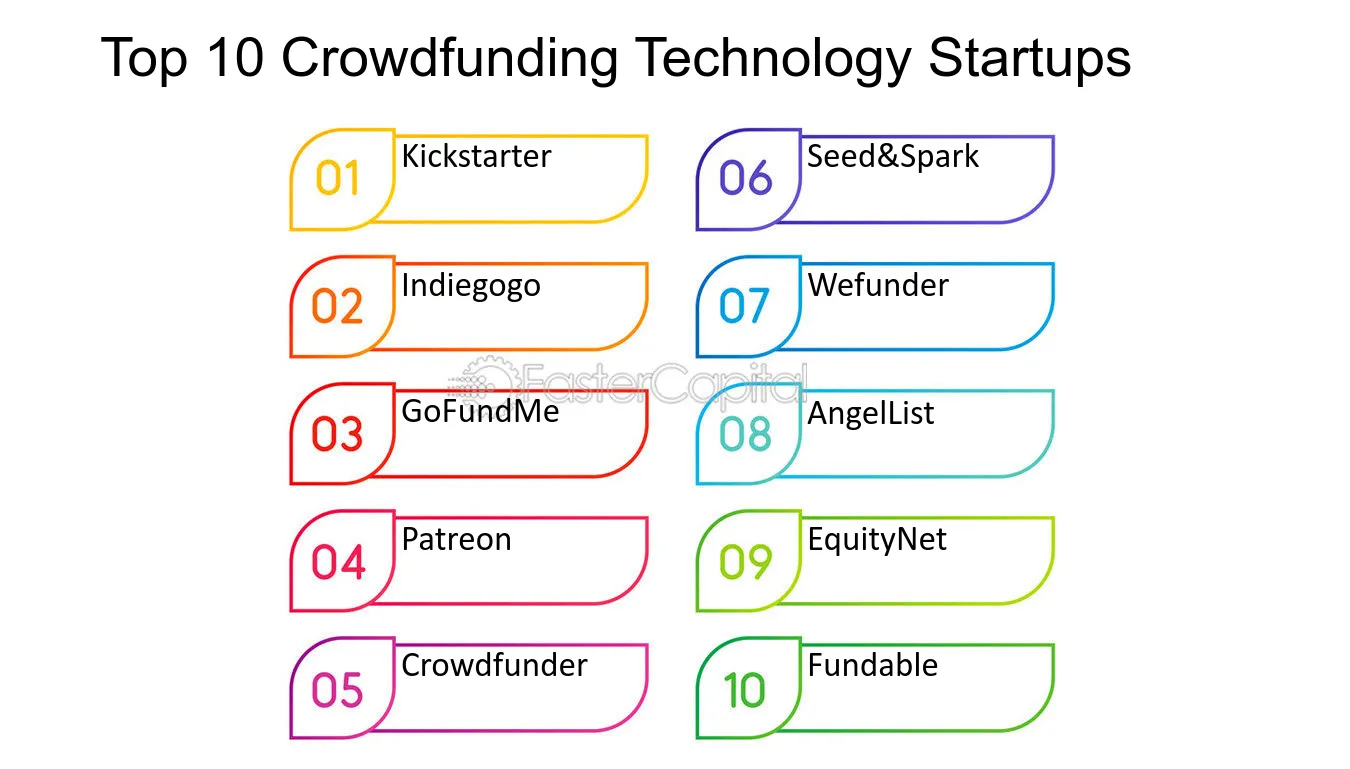Top 10 crowdfunded start-ups – StartupSmart

 Conforming to the stereotype that every trend that happens in the US arrives in Australia a couple of years later, crowdfunding has well and truly landed Down Under.
Conforming to the stereotype that every trend that happens in the US arrives in Australia a couple of years later, crowdfunding has well and truly landed Down Under.
The concept is simple. An entrepreneur (or anyone, for that matter), posts a project online, asking for funds.
People then pledge as much money as they like towards the project. They only have to part with their cash if the entrepreneur raises their predefined funding target.
While crowdfunding is now an accepted part of US start-ups’ methods of raising finance – two Aussies recently found success at famed American platform Kickstarter – the concept is still relatively new in Australia.
Any confusion is likely to dissipate with the recent launch of various Aussie crowdfunding platforms, including Pozible, iPledg and Project Powerup.
So does this method of funding actually lead to decent businesses? Here are 10 of the top start-ups to emerge from the crowd with some cash.
1. TikTok and LunaTik

To US designer Scott Wilson, the idea was obvious – offer people the ability to wear the iPod Nano like “the world’s coolest watch”.
Having devised a simple snap-in design that allows users to house their Nanos on their wrists, Wilson turned to US crowdfunding giant Kickstarter for some cash.
Looking to raise $15,000, Wilson’s idea was quickly pounced upon by backers from as far as China and India, raising an incredible $942,000.
Wilson says: “We initially hoped to get enough pre-orders to pay for tooling, some initial inventory and create a little buzz and validation in order to help us get into small retailers and distributors more easily. Now everyone is calling us.”
2. New Matilda
While TikTok is the US’ largest crowdfunded effort, the equivalent here in Australia is a little smaller.
However, given the differing sizes and maturity of the respective crowdfunding markets, the $175,000 raised by online publication New Matilda is a very decent effort.
The title was forced to close in 2010, the victim of a tight advertising market, but decided to resurrect itself using crowdfunding site Pozible. The gambit worked and New Matilda is now back online.
3. Enviu
While the most that investors get in return for backing the raft of musicians, film makers and entrepreneurs is usually a warm glow of satisfaction, Enviu offers something tangible for your outlay.
The Dutch sustainability business used crowdfunding platform Symbid to attract 372 investors from around the world, raising the equivalent of $123,000.
Enviu managed this by giving each investor an actual part of the company. Shareholders are paid dividends and can sell on their shares.
Korstiaan Zandvliet, CEO of Symbid, says: “Enviu was a special project for us, because the founders made a conscious choice for crowdfunding.”
“With this record we’ve shown that equity based crowdfunding can be an excellent addition to the current ways of how companies raise capital.”
4. Diaspora

If a group of students approached you to ask for $10,000 to build an alternative to Facebook, it’s likely that you wouldn’t hear the end of their pitch before walking away.
Four New York University students tried this trick in 2010, aiming to raise $10,000 in order to create “an open source personal web service that will put individuals in control of their data”.
Astonishingly, the team achieved their goal via Kickstarter within 12 days. Even before their deadline expired, the students had raised $100,000.
The 2,300 pledgers have obviously identified with Diaspora’s deliberate rejection of Facebook’s information sharing philosophy. The site allows users to create their own web server within a larger network, giving them control over everything that is shared.
5. OpenIndie
Filmmaker-turned-entrepreneur Arin Crumley was a little miffed when he failed to find a distributor for his 2005 movie Four Eyed Monsters, despite good reviews from critics.
He turned to the internet to work on a better model for independent filmmakers. He came up with OpenIndie, a web-based business that displays the number of people in each city that want to see a particular film screened in their locality.
In return, filmmakers pay a fee of $100 per year per film. The concept raised $12,400 on Kickstarter, as well as gaining a customer base.
Crumley told Entrepreneur.com: “Crowdfunding gave us a core base of users right away. Also, one thing some people got [in exchange for funding] was a one-hour consultation with me about distributing their film.”
“That’s research – we’re getting insights into filmmakers’ concerns and how deals work.”

